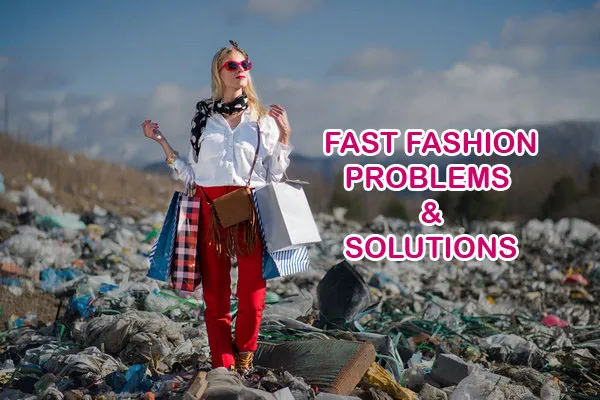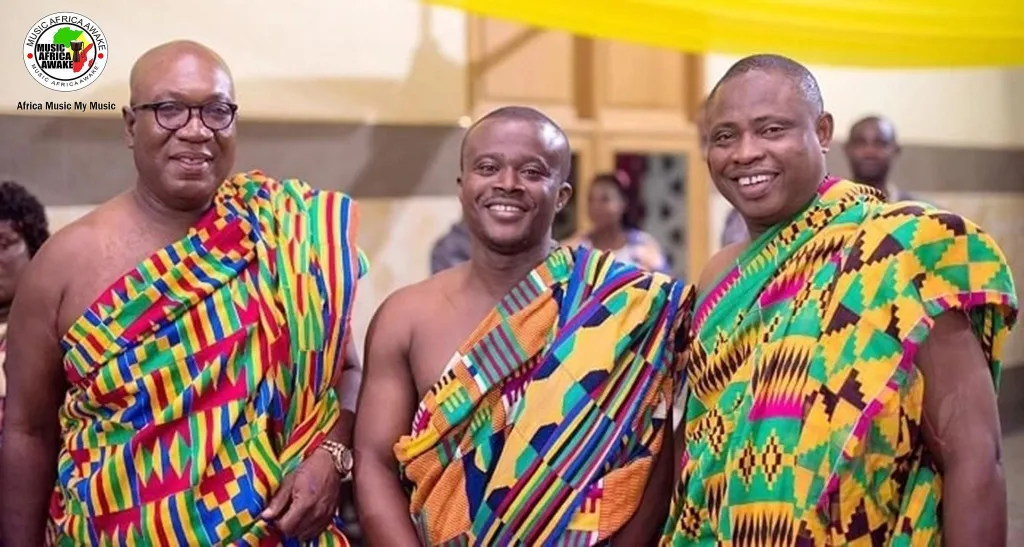
Fast fashion has revolutionized the way we consume clothing, offering trendy designs at affordable prices and rapid turnover. However, beneath its allure lies a complex web of environmental, social, and ethical issues. In this article, we delve into the concept of fast fashion, its impact on the planet and society, and explore sustainable alternatives for conscientious consumers.
Understanding Fast Fashion
Fast fashion refers to the rapid production and sale of inexpensive clothing that mimics the latest trends seen on catwalks or in fashion magazines. Brands under this model often introduce new collections weekly or even daily, enticing consumers to constantly update their wardrobes with new styles.
Environmental Impact
One of the most significant drawbacks of fast fashion is its environmental footprint. The industry contributes to pollution through excessive water usage, chemical discharge from dyeing processes, and textile waste. Synthetic fibers, prevalent in fast fashion garments, release microplastics into the environment during washing, further exacerbating environmental degradation.
Labor Conditions
Fast fashion’s relentless demand for cheap and quickly produced clothing has led to exploitative labor practices in garment factories, particularly in developing countries. Workers often endure unsafe working conditions, long hours, and inadequate wages. Human rights violations, such as child labor and forced labor, have also been reported in some factories within the fast fashion supply chain.
Consumer Behavior and Waste
The fast fashion business model encourages consumers to buy more clothing than ever before. This ‘throwaway culture’ contributes to massive textile waste, with a significant portion of garments ending up in landfills. The average lifespan of a fast fashion garment is shockingly short—sometimes worn only a handful of times before being discarded.
The Rise of Sustainable Fashion
In response to growing awareness of the negative impacts of fast fashion, the sustainable fashion movement has gained momentum. Sustainable fashion focuses on reducing the environmental footprint and improving social conditions throughout the supply chain. It promotes practices such as using organic or recycled materials, implementing fair labor standards, and embracing slow fashion principles—encouraging consumers to buy less, choose quality over quantity, and invest in timeless pieces.
Ethical Consumerism
As consumers become more informed about the consequences of their purchasing decisions, ethical considerations play a crucial role in shaping their shopping habits. There is a rising demand for transparency from brands regarding their sourcing, production practices, and environmental commitments. Ethical fashion certifications, such as Fair Trade or TOGS (Global Organic Textile Standard), provide assurance to consumers seeking to support brands with sustainable and ethical practices.
1. Educate Yourself
Learn about the impacts of fast fashion and the benefits of sustainable alternatives.
2. Shop Mindfully
Prioritize quality over quantity. Invest in well-made, timeless pieces that can be worn for years.
3. Support Sustainable Brands
Look for brands that prioritize ethical labor practices, use Eco-friendly materials, and are transparent about their supply chain.
4. Second-Hand and Vintage
Embrace thrift shopping, swap meets, or online platforms for per-loved clothing. It reduces waste and supports a circular economy.
5. Care for Your Clothes
Extend the lifespan of your garments through proper care—washing on cold, air-drying, and repairing when needed.
Conclusion
While fast fashion offers affordability and trendiness, its environmental and social impacts cannot be ignored.By supporting brands that prioritize sustainability and ethical practices, and by adopting mindful consumption habits, we can contribute to a more sustainable and equitable fashion industry. Together, we can strike a balance between style and responsibility, ensuring that our fashion choices align with a healthier planet and fairer world for all.







